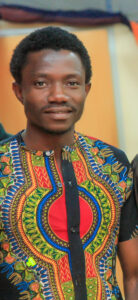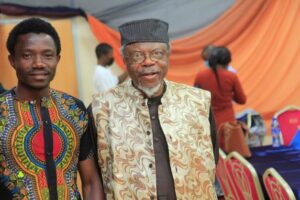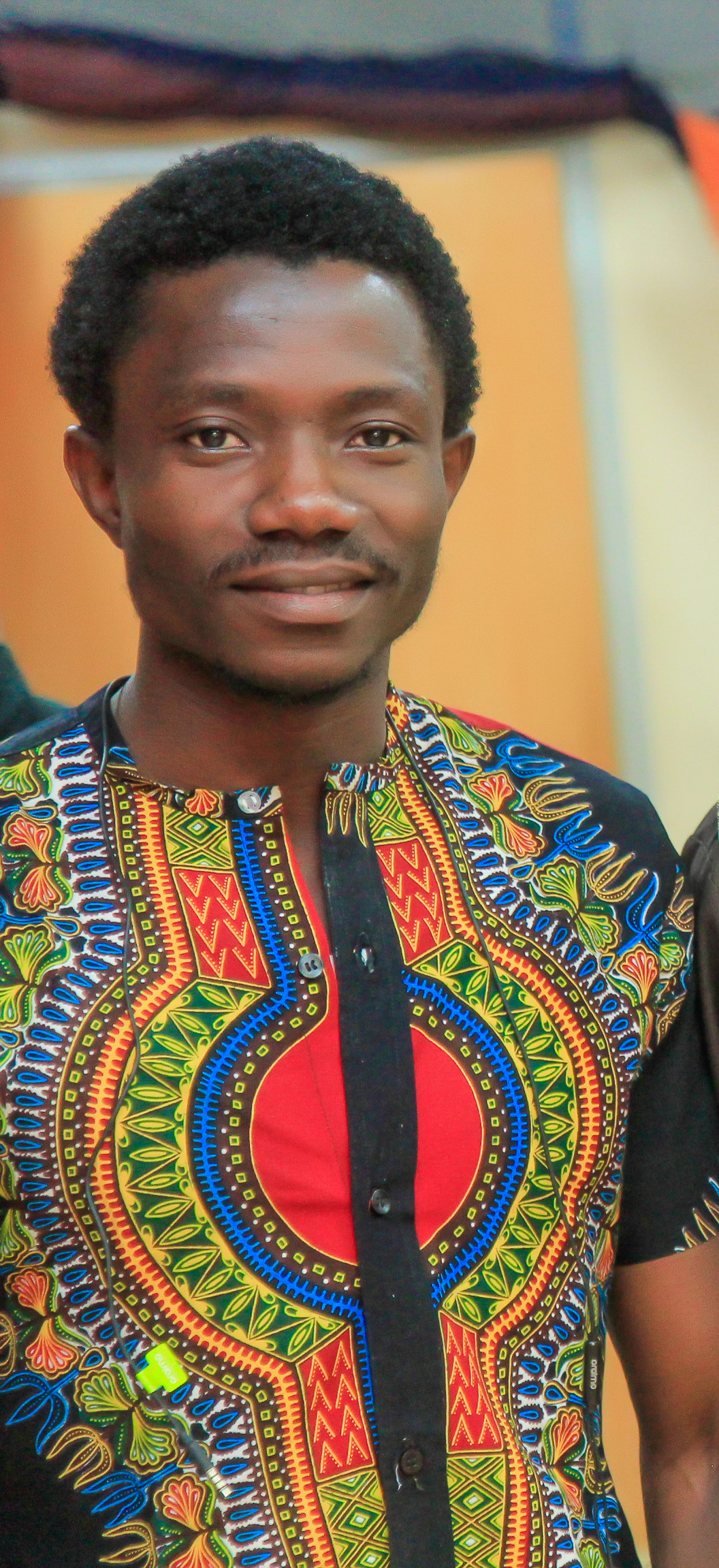By Toyin Falola
Amongst the many gifts fortune has bestowed upon Nigerians, carefree existence isn’t one of them. Whether or not this is peculiar to the populace, it has undoubtedly, won us the title of “one of the most resilient people on the planet.” One can argue that the most fortunate we have been, as countrymen, is perhaps at our “independence” from Britain in 1960, which we allegedly obtained on “a platter of gold.” Since then, it has been our lot as citizens to go the extra mile for what might be considered a basic comfort elsewhere, and although we are blessed with many of nature’s gifts, the resolve to harness and utilize them to the benefit of all continues to elude us. While many have accepted that this is “normal” as fate hardly ever delivers a complete package, others have simply admonished that we consider ourselves fortunate that we are not plagued by the natural disasters that ravage other well-off regions and that it is only a matter of time before we get to our desired destination as a people. But is time really on our side?
As a septuagenarian, with the benefit of retrospect and by the will of Providence, I can attest to the fleetingness of time, the fragility of life, and the challenges that come with lacking a privileged beginning. In my time, I have seen many prospects dimmed and even snuffed out by the obstacles imposed by a near-impossible Nigerian system. Many alongside whom I strove for a better tomorrow marked by achievements, both for our upliftment and that of our people, succumbed to the various pressures from an emerging nation with one too many murky episodes. And it was to be the lot of a few among us—products of grace and hard work—who, without the advantage of privileged birth and social connection, broke through socio-economic barriers to etch a niche for ourselves, only to have our elation dampened by the continuing strife endured by today’s Nigerian youth. In their predicament, I found a calling to mentorship, to present myself as a guide to young wayfarers seeking a path to significance through an enduringly torturous Nigerian socio-economic landscape.
It is no secret that Nigeria is endowed with a good number of young talents, as evidenced by their outstanding feats in their various fields of endeavour at home and abroad. It is also common knowledge that, without the appropriate enabling social structure to guide their development, many of our young men and women have resorted to vices—popular among which is internet fraud. This poses a danger to our collective socio-economic development and threatens our reputation as a hardworking and dynamic people. In this situation, I identified an opportunity to give back to a society that, in its way, contributed invaluable life lessons to my formative years.
During my years of mentorship, as an elder and an academic, I have had great opportunities to interact with many young and promising Nigerian youth. Some I met at decisive moments, when either tuition or the right introduction meant the difference between a promising career and oblivion, while some simply needed someone with experience to point them in the right direction. In all cases, it has been an honour to serve and to see many mentees live up to their potential and evolve into productive members of society who contribute their quota to its advancement. But, as with success stories, there have been other unsuccessful attempts, the most recent of which has inspired this recollection and commemoration.
 The late Damilola
The late Damilola
I knew the late Damilola Osunlakin through Professor Adeshina Afolayan of the University of Ibadan, who introduced him to me to assist with a project on Ijemo, an old township in Abeokuta. I was later told that Temitope Fagunwa, the activist-intellectual at Osun State University, introduced Damilola to Adeshina. Las Las, Fagunwa and I had to cry. While the Ijemo project collapsed, it birthed a genuine relationship grounded in affection.
From a small beginning flourished a great relationship. He would call me to ask about my family and health. He always told me to take a rest. In a non-transactional relationship, his words of affection got to my bone marrow. He was different: he was not seeking favour but seeking love; he was not seeking objects but emotional connections. He was a good person. As he called me “Baba”, he became my son. I began to call him “Omo mi”, which means “my son.” A fictional label became real, so real that if I did not hear from him within 48 hours, I would panic. When the ruthless Boko Haram kidnapped his friend’s fiancée, Damilola’s compassion had no limit, and we both wept as we struggled in vain to locate her. Damilola gave me his thesis to read, and I gave him elaborate comments and did line-by-line editing, which I hardly blessed anyone with. I got a publisher to publish it for him. This promise will be fulfilled.
Damilola grew weary. My son grew tired. He was not one of those young men who would solve their problems with crimes. He resented the Yahoo-Yahoo boys. He was not one of those who would seek quick fortunes. He criticized those who did rituals for money. He was not one of those who would compromise his morality. He wanted to live in a decent society. He sought a simple life, which any decent society should be able to grant. All he wanted in life was the development of his intellect. He had already blended talent with promise and would have done solid scholarship in the area we need the most: the excavation of our dead past before the British intrusion. A library is dead. A talent is gone. A force, a mighty force, has relocated to heaven. We all are the losers.
I have never met his biological parents, but I spoke to them during their pain. The biological parents accepted me as Damilola’s father. They struggled, and when the father called to break the news, the words hit me so badly that I was sick and immobilized for two days. The words: “our struggles were in vain” were calamitous. The parents did everything they could. As devout Christians, they did their best with integrity and righteousness. Godly parents, they followed the path of healing in a Western and spiritual sense. They must accept the verdict of God. “There is no true love without suffering,” Pope Benedict VVI reminded us, closing this remarkable statement with even a more profound line: “there is no gift of life without pain.” I pray that the faith of Damilola’s parents will never be put to the test.
 The late Damilola and Prof Falola
The late Damilola and Prof Falola
Of all the messages of condolence that came my way, the most moving and the best came from Daniel Eworo, Damilola’s friend and schoolmate at Ahmadu Bello University, who, despite his anguish, recounted their relationship thus:
Osunlakin, as I fondly called him, was a reserved man. Our first meeting was at the Department of History postgraduate library, Ahmadu Bello University, Zaria, back in 2018. What set him apart, beyond his intellect, was his willingness to put aside any task to answer a question, which I had quite a few as a budding researcher. His coverage of issues was particularly impressive; even when he had no ready answer, Osunlakin always had a good recommendation on most subjects. Of this, I found my respect for him to grow. And soon enough, he became my go-to person when I encountered any perplexing subject. I cannot say how others perceived Osunlakin, but he was an ideal friend to me. His focus and determination were inspiring. He had everything about his career path mapped out. When we would speak on the phone, and I’d enquire about his well-being and whereabouts, and he’d mention that he was attending some seminar at some distant location, I’d marvel at how committed he was to his scholarly objective, especially given the economic constraints that should ordinarily deter him. The news of Osunlakin’s sudden demise has deeply shocked me and others in the department.
Damilola, my son, I am not supposed to write your obituary—you were supposed to write mine, but I must endure the loss, I must cry, I must suffer the pain:
Tis’ indeed a long walk;
for us seekers of freedom
even these candidates of the kingdom
all of us children of the Lord.
Individual paths we must take
in our journey to glorious escape
different scenes, different landscapes
and the many choices we must make.
We, hurried on by our pursuit of this and that
are engaged in a daily dance with chance
where the best of us strive to keep balance
& others are condemned to a circle of fresh starts.
Thus, in those rare moments, our paths cross
brief moments that birth lasting bonds
lies an opportunity to lighten the burden
of a fellow sojourner to the eternal garden.
To those whose journeys are cut short
we owe a duty of brief pause
a moment of commemoration
and a time for contemplation.
I share this great loss with Damilola’s family, friends, and colleagues from Ahmadu Bello University, Zaria. We love you, great sojourner. May your soul find the peace and rest the world, nay, our dear nation, could not give.


